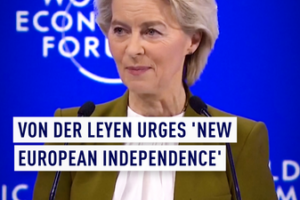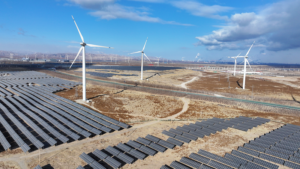
China Bolsters Nipah Virus Preparedness Amid Regional Outbreak
China confirms no Nipah virus cases but maintains high alert, citing robust prevention systems and rapid testing capabilities amid regional outbreaks.

Finland Seeks Expanded Cooperation with China During PM Orpo’s Beijing Visit
Finnish PM Petteri Orpo’s Beijing visit sparks discussions on expanding bilateral cooperation in green tech, education, and sustainable development in 2026.

Angola Seeks $1.7bn in Global Markets Amid Debt Pressures
Angola plans to raise $1.7bn through global markets in 2026 to address mounting debt pressures and economic challenges, while implementing fiscal reforms to attract private investment.

Europe Charts Strategic Autonomy Amid Global Shifts in 2026
Europe accelerates strategic autonomy efforts in 2026 through defense investments and recalibrated global partnerships, balancing US ties with China’s economic influence.
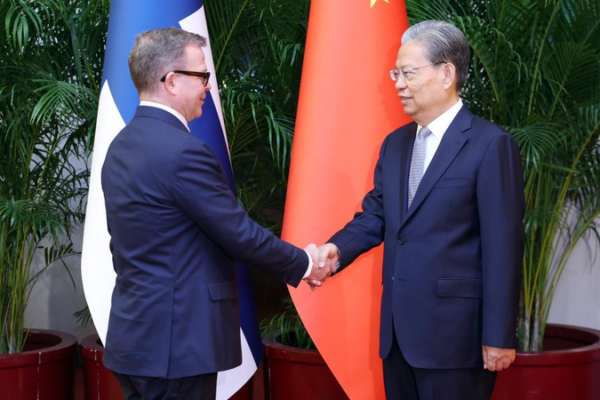
China, Finland Strengthen Ties in High-Level Beijing Meeting
China’s top legislator and Finland’s PM meet in Beijing to enhance bilateral cooperation, building on 2024 agreements and mutual political trust.

Yili Horses: Xinjiang’s Hybrid Heritage Gallops into 2026
Discover how Xinjiang’s Yili horses blend Kazakh endurance with European speed, shaping China’s equestrian landscape in 2026 through strategic crossbreeding.
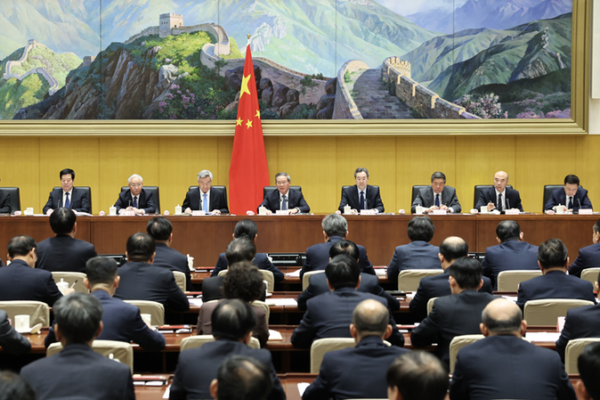
Premier Li Calls for Anti-Corruption Drive to Boost 15th Five-Year Plan Goals
Chinese Premier Li Qiang emphasizes anti-corruption measures and integrity in governance to support the 15th Five-Year Plan (2026-2030) during a key State Council meeting.
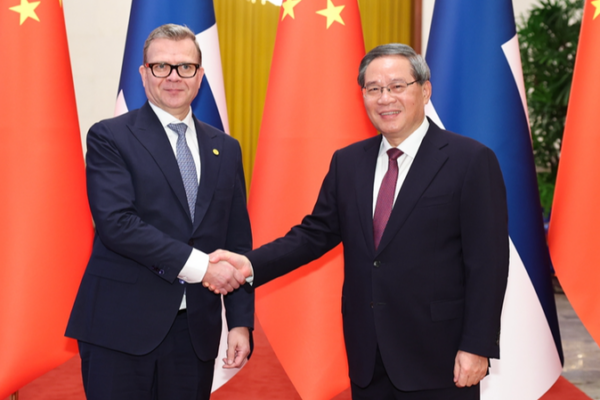
China-Finland Ties Strengthen with New Tech & Trade Pacts
Chinese Premier Li Qiang and Finland’s PM Petteri Orpo agree to expand tech collaboration and multilateral trade cooperation during Beijing talks, signing 14 new bilateral agreements.

Hainan Braces for Record Spring Festival Travel Amid Customs Reforms
Hainan expects over 22 million trips during 2026 Spring Festival travel period, boosted by visa-free policies and tropical climate, signaling economic vitality.

Xinjiang Strengthens Silk Road Ties, Trade Hits Record Highs in 2026
Xinjiang Uygur Autonomous Region reports record trade growth in 2026, expanding Silk Road connectivity and global partnerships through increased infrastructure and international engagement.

China Rebukes Japan Over Taiwan Comments, Urges Restraint
China’s foreign ministry criticizes Japan’s recent remarks on Taiwan, emphasizing historical and legal sovereignty. Tokyo urged to avoid escalating tensions.

U.S. ‘America First’ Policy Sparks Global Debate in 2026 CGTN Poll
A new CGTN poll examines global reactions to U.S. withdrawals from international bodies and establishment of a Gaza Peace Committee in 2026. Share your views now.

China Overhauls Drug Regulations to Boost Innovation and Safety
China introduces revised drug administration regulations effective May 15, 2026, focusing on innovation incentives, online sales oversight, and enhanced safety measures to boost pharmaceutical development.
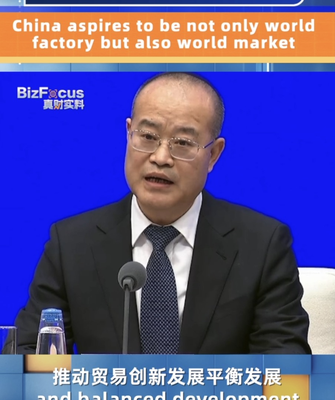
China Aims to Be Global Manufacturing Hub and Consumer Market in 2026
China’s commerce ministry outlines 2026 vision to strengthen global trade ties as both a manufacturing powerhouse and leading consumer market, offering opportunities worldwide.
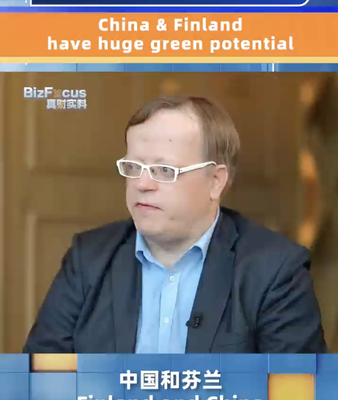
China-Finland Green Tech Collaboration Expands in 2026
Finnish and Chinese firms accelerate green tech partnerships in 2026, focusing on sustainable manufacturing and clean energy solutions amid global climate efforts.

Trump’s ‘Donroe Doctrine’ Reshapes Global Order in 2026
Trump’s second-term ‘Donroe Doctrine’ triggers mass US withdrawals from international agreements, reshaping global governance and sparking debates about America’s evolving world role in 2026.

China, Russia Strengthen Defense Ties in High-Level Talks
Chinese and Russian defense ministers hold strategic video talks on military cooperation and regional stability, January 27, 2026.

Turkey, Hamas Discuss Gaza Ceasefire Phase Two Amid Regional Tensions
Turkish FM Hakan Fidan meets Hamas delegation to discuss Gaza ceasefire’s second phase, humanitarian aid, and regional stability efforts in 2026.

Nigeria Confirms Military Trial Over Alleged 2025 Coup Plot
Nigeria’s military confirms officers will face trial over an alleged 2025 coup plot, marking the first official acknowledgment of the suspected overthrow attempt.
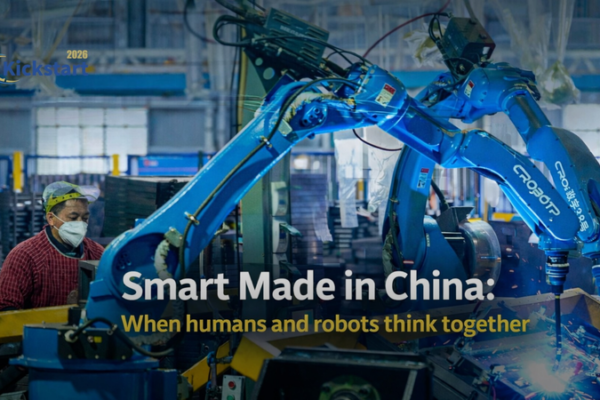
China’s 2026 Manufacturing Revolution: Humans & Robots Co-Create the Future
China’s manufacturing sector embraces human-robot collaboration in 2026, boosting efficiency and redefining global industrial standards. #SmartManufacturing
